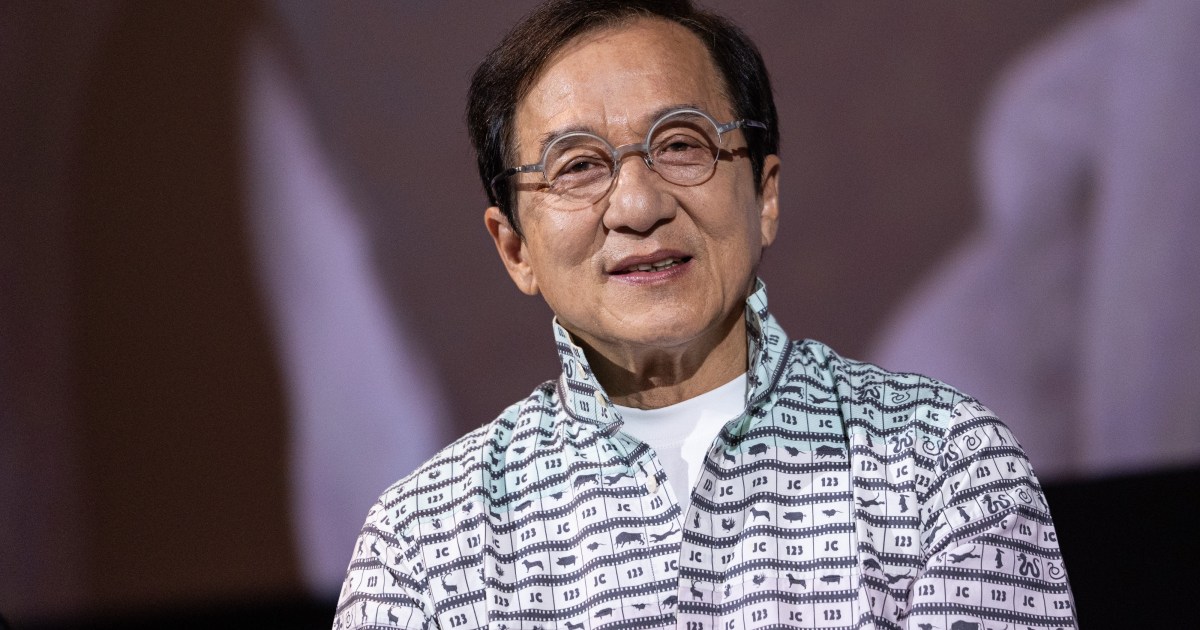Jackie Chan is very much alive. The action legend became the subject of yet another viral death hoax this week, underscoring how convincingly AI-generated images and breathless social posts can supercharge misinformation before facts catch up.
Jackie Chan Death Hoax Resurfaces Amid AI-Fueled Misinformation
On November 10, a Facebook post from a page called Stories About US began circulating widely, claiming the beloved Rush Hour and Police Story star had died. The post described Chan as a "worthy actor" and a "great Kong Fu player" and was paired with an image that appeared to show the actor on a hospital bed. The framing was designed to look authoritative and urgent — and it worked, at least initially, as the post rapidly accumulated shares and comments.
The claim was false. No reputable outlet reported Chan’s death, and the hospital photo lacked verifiable sourcing. As has become increasingly common with online celebrity hoaxes, the visual accompanying the story bore the telltale signs of AI generation, mimicking a real person while introducing subtle inconsistencies that reveal its artificial origin.
Fans Quickly Debunk Viral Post Across Facebook And X
While the hoax spread, fans moved just as quickly to push back. On X, one user asked, "Why is Facebook tryna kill off Jackie Chan??" Another wrote, "Omgggg Facebook lies about ever d**n thing. And y’all believe it! Jackie Chan is not dead I almost shouting at work." A third added, "Internet trying to kill Jackie Chan today." Those real-time correctives — amplified by fans who follow the star’s official channels — helped blunt the rumor’s reach.
This isn’t the first time Chan has been targeted by false death reports. Over the years, fabricated posts about the actor — born Fang Shilong — have popped up across Facebook, X, and other platforms, often resurfacing in slightly different forms to exploit momentary virality. The cycle is simple: an alarming headline, a convincing (or convincingly edited) image, and a claim that spreads faster than debunks.
Fake Beijing Flood Claim Highlights A Growing Trend
More recently, a separate viral image asserted that Chan died during a Beijing flood in August 2025 and that the news had been confirmed by his wife, Joan Lin. No legitimate news organization corroborated that claim, and the image was identified as AI-generated. The incident reflects a broader pattern in which fabricated visuals are deployed to lend false stories the veneer of authenticity, making them tougher to spot at a glance and more likely to fool casual scrollers.
That dynamic is only accelerating as generative tools become more accessible and outputs more polished. In the celebrity space — particularly around globally recognized figures like Chan — these hoaxes are engineered for engagement, playing on emotion, nostalgia, and the shock value of a sudden, unverified loss.
Chan Remains Active On Screen — And With Fans
Despite the noise, Chan remains busy and in the public eye. His latest feature, The Shadow’s Edge, opened in August 2025 and topped the China box office, a reminder that the 70-year-old star continues to draw audiences with the blend of physical comedy and daredevil stunt work that defined his breakthrough hits. Away from theaters, Chan has kept up with fans on social media, sharing a post in early October about spending time with Shaquille O’Neal and David Beckham.
Chan also made a surprise live appearance with K-pop group Seventeen, joining the band on stage and later writing on Instagram, "A heartfelt thank you to Seventeen for inviting me to their concert as their special guest! Had so much fun!" Moments like these — current, public, and verifiable — offer a direct counterpoint to rumor cycles and show the star’s ongoing connection with audiences across generations.
How To Separate Fact From Viral Fiction
For readers navigating feeds filled with sensational claims, a few quick checks can help:
– Look for confirmation from multiple reputable outlets, not just a single social post.
– Visit the celebrity’s official website or verified social accounts for recent activity.
– Examine visuals closely; AI images often include inconsistent details, odd textures, or mismatched lighting.
– Consider the source’s track record. Pages that traffic in vague wording, emotional appeals, or sloppy grammar are red flags.
– When in doubt, slow down before sharing — misinformation relies on speed.
False celebrity death reports are nothing new, but AI has made them faster, slicker, and harder to spot at first glance. The best defense remains the same: verify before amplifying. As for Jackie Chan, fans can rest easy. The screen icon is alive, well, and, as always, entertaining millions around the world.















































































































